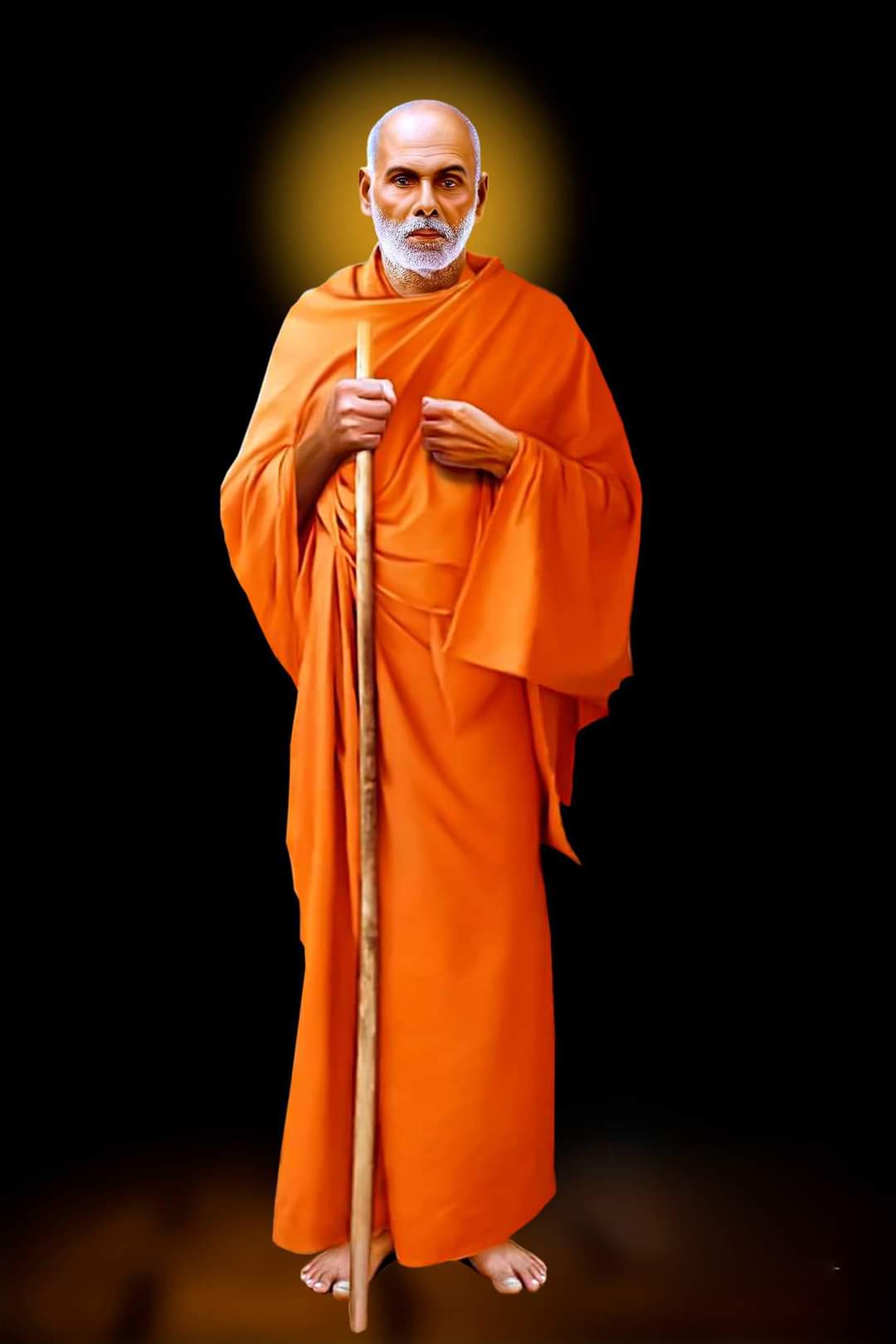ശ്രീനാരായണ ഗുരുദേവൻ
Guru
Sri Narayana Guru, was a social reformer of India. He was born into a family of the Ezhava caste in an era when people from such communities, which were regarded as Avarna, faced much injustice in the caste-ridden society of Kerala. He led a reform movement in Kerala, rejected casteism, and promoted new values of spiritual freedom and social equality.He stressed the need for the spiritual and social uplift of the downtrodden by their own efforts through the establishment of temples and educational institutions. In the process, he denounced the superstitions that clouded the fundamental Hindu cultural convention of caste.
When Narayana Guru was 5 years old, he was enrolled in a school which ran under the traditional Gurukula model. He was intensely drawn to worship at the local temples and composed several hymns. He had already begun expressed strong aversion toward the caste discrimination that existed in society and often criticised his own relatives for showing such tendencies.
At the age of 21 he came under the tutelage of the great Raman Pillai Asan, a renowned Sanskrit scholar of the Puthuppally Varanappally family in Central Travancore. He was taught Sanskrit, poetry, drama, literary criticism, and logical rhetoric. He also extensively studied the Vedas and the Upanishads. On his return in 1881, his father was on his death bed. His mother had already died when he was 15. He ran a village school for children and came to be known as “Nanu Asan”.
Despite his marriage to a Kaliamma, NanuAsan changed his role as a teacher to that of a Parivrajaka (a spiritual wanderer). It was during this time period that he met Kunjan Pillai, who later came to be known as Chattampi Swamikal. Recognising Nanu Asan’s immense passion for yoga and his philosophical genius Chattampi Swamikal introduced him to Thycattu Ayyaavu, a ‘Hatha yogi’. Under him Nanu Asan mastered Hatha Yoga (a branch of Yoga, introduced by Yogi Swatmaramaas, that unites pairs of opposites referring to the positive (sun) and negative (moon) currents in the system). These teachings had a lasting impact on the life and philosophy of Sree Narayana Guru.
From here he moved to the wilderness of Maruthwamala were he established a hermitage and lived a secluded life immersed in meditative thought and yoga. This would last for eight long years. After an unpretentious life of over thirty years, this is when Narayana Guru is believed to have attained a state of Enlightenment.


